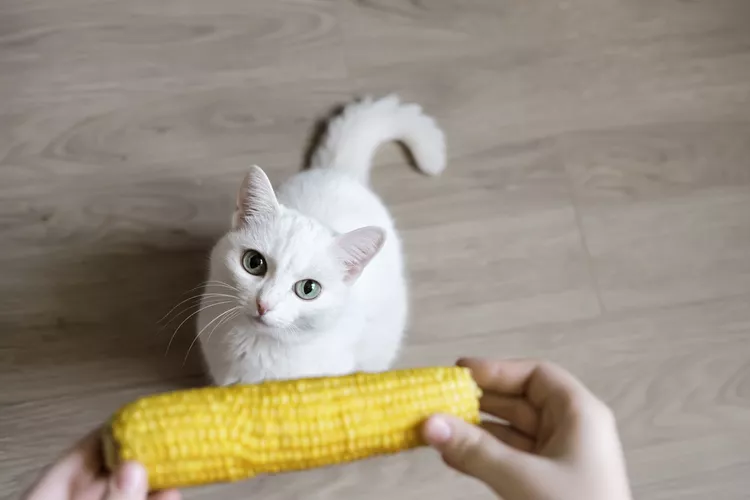
Cats are natural hunters who, when left to their own devices, would choose meat as their primary food source. But if you're reading this, you may be wondering—cat cats eat corn? While the simple answer is “yes”, there are some things you'll want to know first.
Find out more about how to safely share corn with your cat.
You may notice when shopping for cat food that many commercial brands include corn as an ingredient. While some media sources have labeled corn and other grains as “fillers,” the corn that is included in cat foods is processed to be more digestible and to provide nutrients that benefit your cat. It’s a safe source of carbohydrates, essential fatty acids like linoleic acid, and even protein. The idea that corn (or grains) in cat food is bad for cats is not founded in scientific research.
Keep in mind, however, that your cat requires a meat-based diet. Your cat should never be fed a vegan diet. Though corn may be included in your cat’s food, it should not be the main ingredient.
Your cat is an obligate carnivore, which means they require a meat-based diet to get their essential nutrients. In fact, there are some nutrients cats require, like taurine, that they can only get from animal products. Being an obligate carnivore does not mean your cat can't eat grains. It means that meat is essential and should be the majority of your cat's diet.
Because a cat is an obligate carnivore, regularly providing corn to your cat isn’t the most appropriate treat you could share with them. In fact, the corn included in a commercial cat diet is more likely to be beneficial to a cat than the corn you make at home.
If you want to give plain, cooked corn as a treat, you should limit your cat to a few kernels at a time. Corn should not be given to your cat as a regular treat but is usually okay when given rarely. Do not add butter or spices, and if your cat has a chronic health condition like diabetes or food allergies, you need to get this food approved by your veterinarian.
Cats should not eat corn cobs or corn husks. Both items can lead to a gastrointestinal blockage, which may necessitate emergency surgery.
While most cats will be totally fine after eating a few kernels of corn, there are some risks to be aware of.
If you’d like to feed your cat human foods as a treat, consider these alternatives:
It’s a good idea to get any human foods approved by your veterinarian before feeding them to your cat. Keep in mind that treats should not comprise more than 10% of your cat’s daily caloric intake.
Instead of feeding your cat corn as a treat, you can also consider commercial cat treats, which are formulated specifically for cats.
Corn is a safe ingredient in commercial cat foods, and it’s safe as a treat for most cats when given sparingly. The best way to ensure your cat’s nutrition needs are met, whether you’re giving corn as a treat or skipping it, is to provide a balanced meat-based diet formulated for cats.
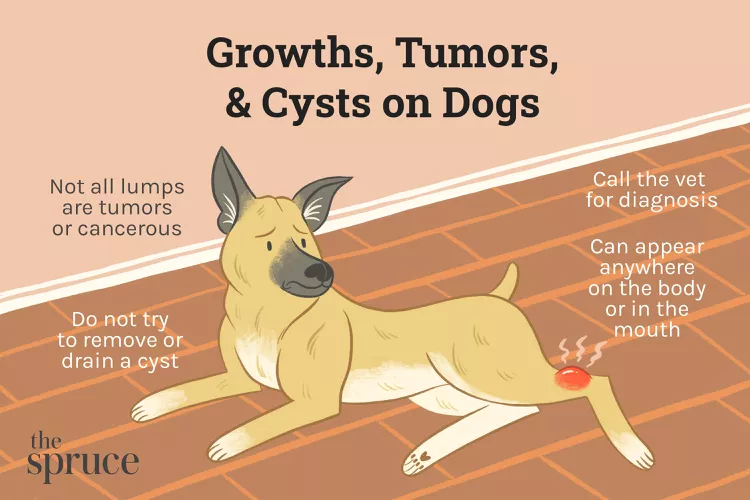
Tumors, Growths, and Cysts in Dogs
Tumors, lumps, growths, or cysts are commonly found on dogs. Learn the causes, treatments, and preventative measures.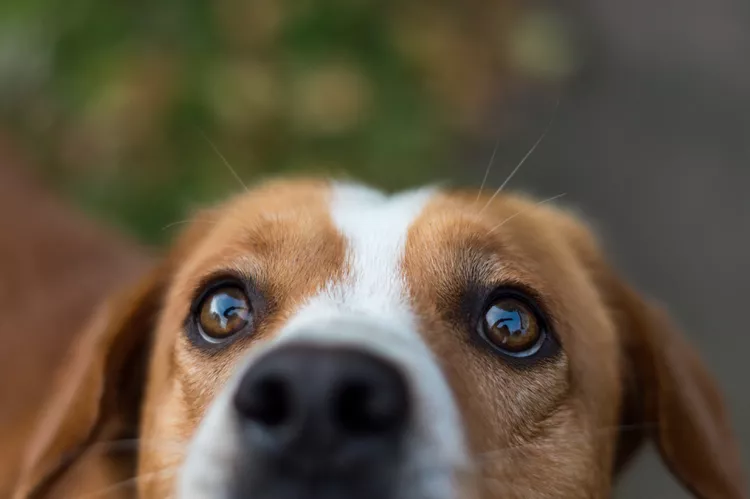
Eye Injuries and Infections in Dogs
Dogs can suffer eye injuries that range from mildly irritating to serious medical emergencies. Learn the causes, treatment, and prevention.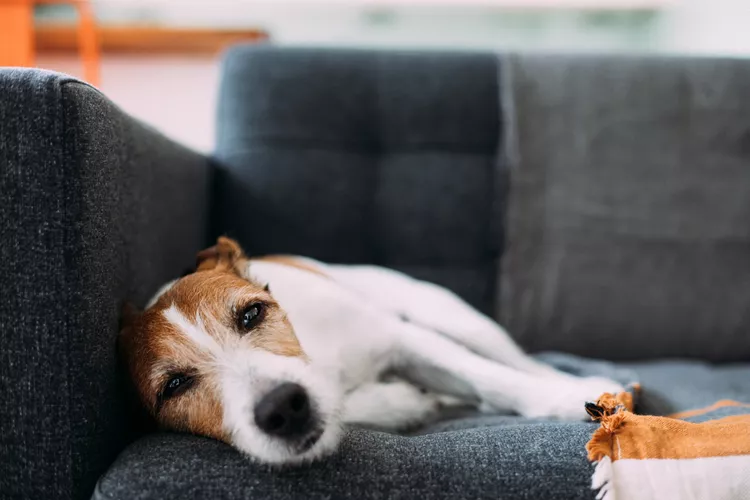
Vestibular Disease in Dogs
Vestibular disease affects a dog's balance and eye movements. Find out about the signs, causes, and treatment of vestibular disease in dogs.
Is Acetaminophen Safe for Dogs?
Acetaminophen is used by humans for pain and fever relief, but is it safe for dogs? Here's what you need to know before giving your dog acetaminophen.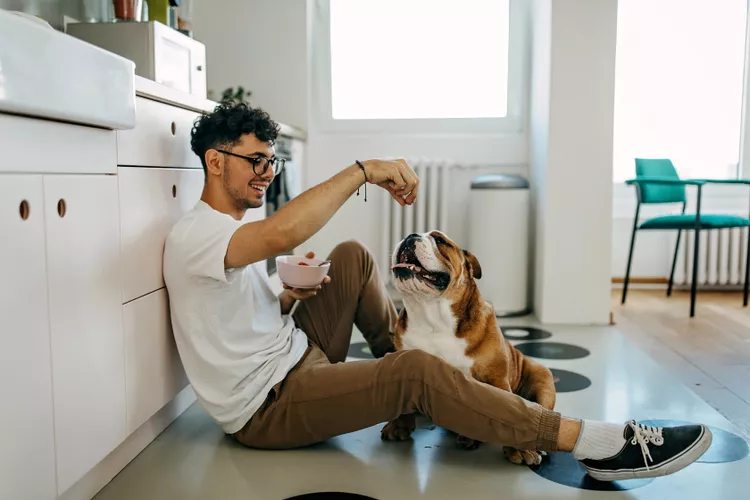
Can Dogs Eat Zucchini? Everything to Know About This Hardy Summer Squash
Zucchini is a nutritious food that's safe for dogs to eat in moderation. This low-calorie, high-fiber vegetable can be incorporated as a healthy treat in a dog's balanced diet. Learn more about its health benefits, potential risks, and how to prepare it.
Can Dogs Eat Popcorn? What You Need to Know for Movie Night
Dogs can eat popcorn, but there are safety concerns. Find out how to safely feed your dog popcorn and what you should do if you're concerned.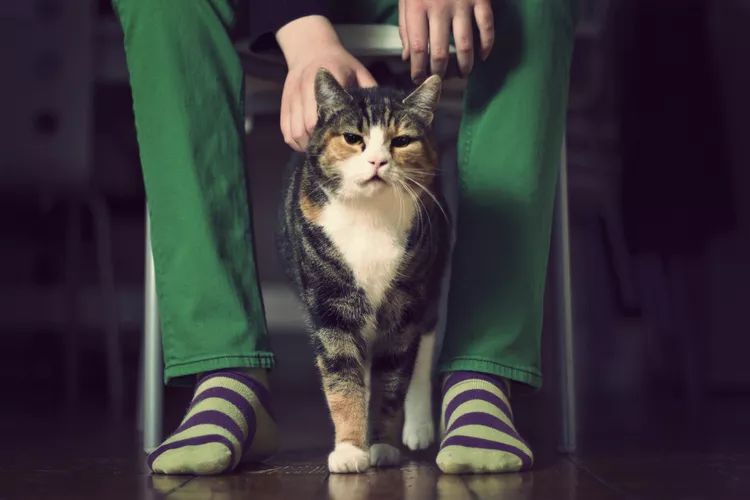
65 Irish Cat Names
Irish cat names can pay homage to historical places, local cuisine, famous Irish actors and musicians, or other wonderful aspects of the Emerald Isle.
46 Egyptian Cat Names
Whether inspired by notable Egyptian deities, locales, or pharaohs, Egyptian cat names can bring out the divinity of your noble feline companion.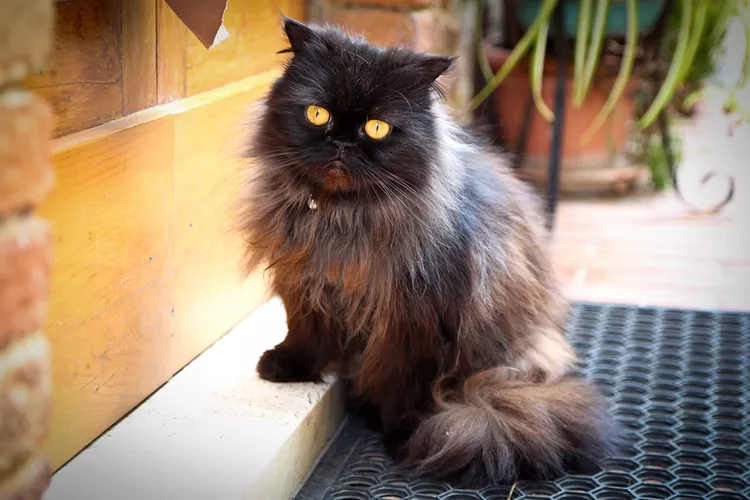
Are Ant Traps Safe for Cats?
Here's how to know if ant traps are safe for cats and how to keep yours free from harm if you have an ant problem.
The 6 Best Cat Nail Clippers of 2024 for a Safe Trim
Clipping your cat's nails can save your furniture and keep your kitty comfortable. We asked veterinarians for their cat nail clipper recommendations.
Is Neosporin Safe for Cats?
A brief summary of concerns a cat owner should be aware of before putting Neosporin on their cat, plus tips for things they can use at home instead.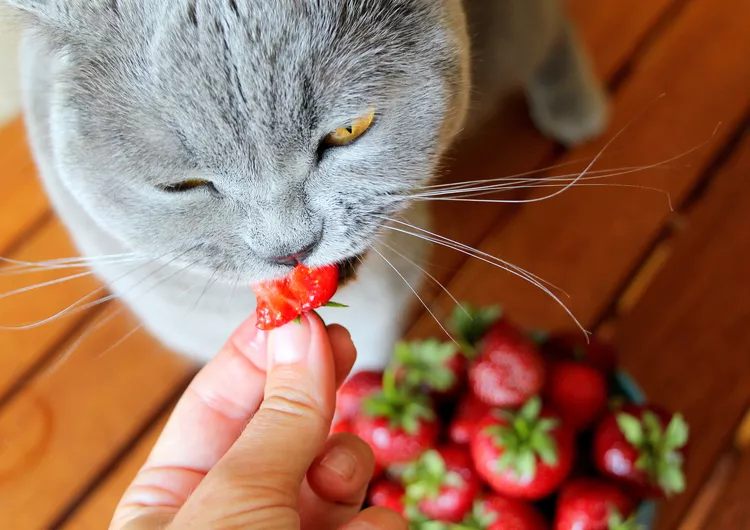
Can Cats Eat Strawberries? How to Safely Share This Summer Berry
Although cats are primarily meat eaters, strawberries may be an interesting and tasty snack for your feline friend. Find out the risks of feeding strawberries to cats and how to safely let your cat enjoy this fruit.
Cute Pictures & Facts About Calico Cats & Kittens
Learn fascinating facts about calico cats, including photos, the genetics behind this color combination, and common folklore and traditions.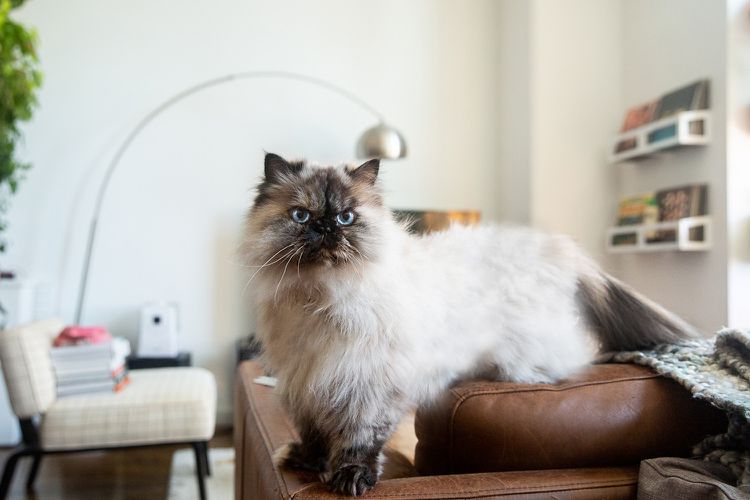
12 Most Popular Cat Breeds for Feline Lovers
These 12 cat breeds, like the Siamese and Sphynx, are known for their unique appearances and personalities. Learn what makes them so popular.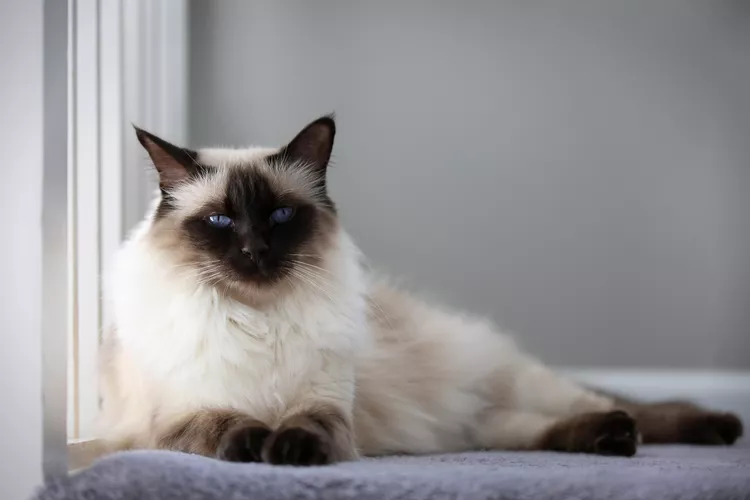
Balinese: Cat Breed Profile, Characteristics & Care
The Balinese cat is playful, sociable, elegant, intelligent, and a touch on the vocal side. Learn about the Balinese, including appearance, temperament, health, and care needs.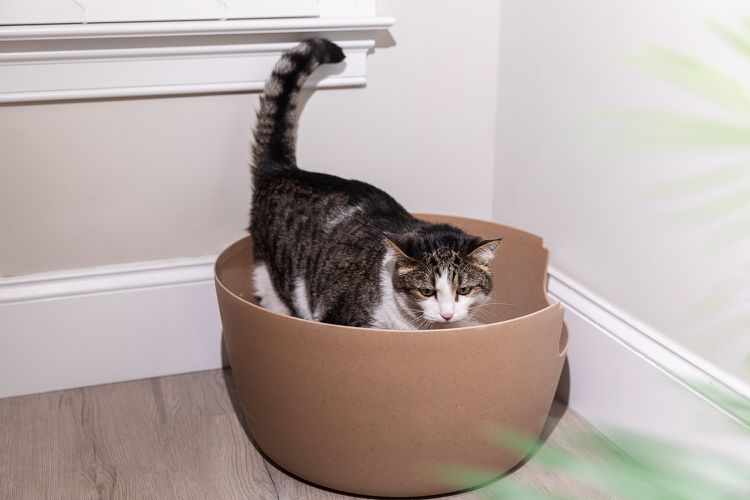
Why Cats Don't Always Cover Their Poop
Cats may not cover their poop for a few different reasons, including being territorial, sending a message to their owner, and not liking the litter.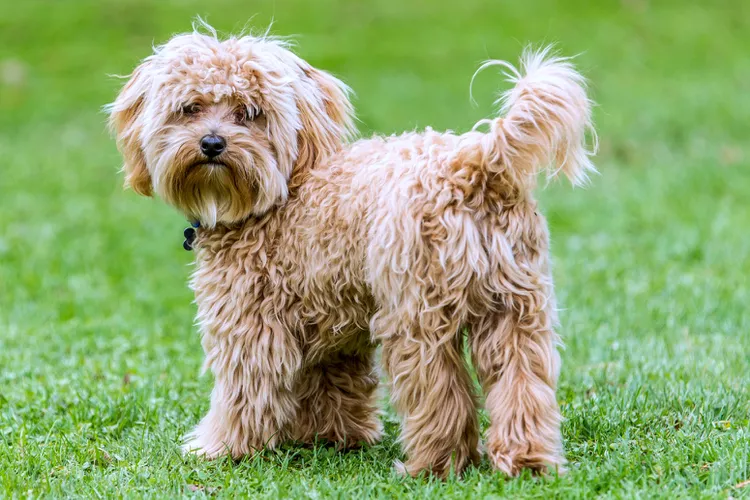
Cavapoo: Dog Breed Characteristics & Care
The Cavapoo is a hybrid of the Cavalier King Charles spaniel and a toy or miniature poodle. Learn why these teddy-bear-looking dogs make the perfect addition to your family.
Why Dogs Eat Poop and How to Stop Them
Is your dog eating poop? Some dogs do this because of stress or illness. Learn how to prevent stool eating, or coprophagia, in dogs.
Can Dogs Get Depression? How to Help Your Sad Dog
Can dogs get depression? Learn about the signs of depression in dogs and find out how to help your sad dog.
4 Reasons Why Your Dog Licks Their Butt
Butt-licking in dogs can be a part of normal grooming, but excessive butt-licking is not normal. Read about the most common reasons for this behavior.